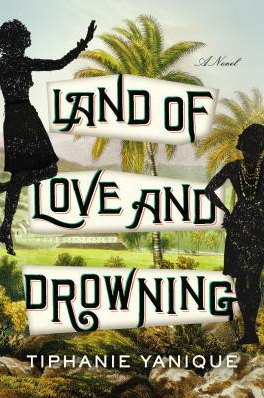Book by KERRIN MCCADDEN
Reviewed by

Kerrin McCadden’s poignant debut collection of poetry, Landscape with Plywood Silhouettes, is filled with composed wisdom for how to cope with separation in general, and divorce in particular. The collection won the New Issues Poetry Prize in 2014, and McCadden’s poetry has appeared widely in Best American Poetry 2012,American Poetry Review, Poet Lore, and elsewhere.








